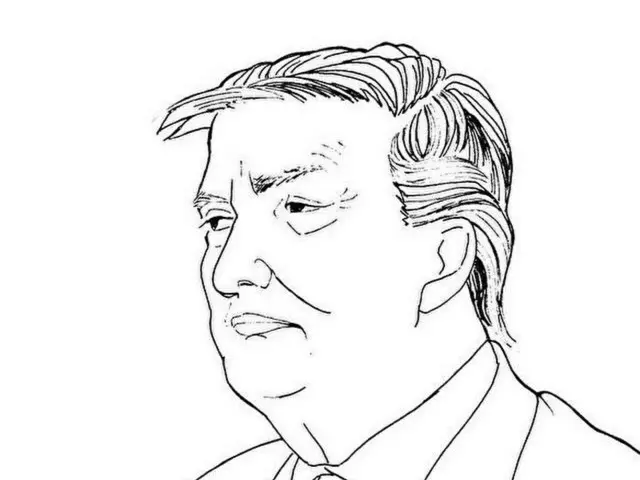Given that prescription drug prices in the country are on average two to three times higher than in other developed countries, the aim is to curb those prices.
At the same time, the U.S. Trade Representative and the Department of Commerce have been forced to report foreign "unreasonable and discriminatory" trade practices.
In response to the "Policy of Drugs for Drugs," the government ordered the correction of the structure that forced pharmaceutical companies to negotiate at a disadvantage overseas. This is a system that allows pharmaceutical companies to negotiate at a disadvantage overseas in exchange for lower prices in the United States.
This is being interpreted as an attempt to encourage price hikes, and is seen as a possibility that it could increase trade pressure on the drug pricing policies of trading partners, including South Korea.
President Trump said on Tuesday that he
As part of this plan, known as the "Nationwide Action Plan," President Trump signed an executive order.
"What we're doing is basically price equalization," he said, emphasizing that "we will base our prices on the lowest in the world."
According to the White House, the order is aimed at Medicare
It will apply to the entire private market, including the Medicaid and Medicare-eligible programs, and will be a departure from the "Medicare" program attempted in the first term.
It explains that this is much broader than a "Part B-only policy."
In particular, the government plans to focus on GLP-1-based diabetes and weight loss drugs, which have a large price difference and are expensive to purchase. President Trump said at a press conference that the measures would reduce drug prices by "up to 90%."
"As of today, America will no longer pay for foreign medical costs," he said, calling for "Big Pharma to take over the country's health care system."
"We will not tolerate profiteering or price cartels by Big Pharma," he said. "In reality, Big Pharma is unhappy, but they are being pressured by foreign governments to lower prices."
"We have been forced to supply drugs at high prices in the United States," he said. He pointed out that it is unfair that pharmaceutical companies maintain high drug prices in the United States while supplying drugs at low prices overseas.
As a result, President Trump has asked the Office of the United States Trade Representative (USTR) and the Department of Commerce to take measures to address foreign countries' "unreasonable and discriminatory policies."
The ministry once again instructed the government to reform the structure that forces pharmaceutical companies to negotiate at a disadvantage overseas. In many developed countries, governments take the lead in negotiating drug prices through a single public health insurance system.
In its previous "Trade Barriers Reports," the USTR pointed out problems with the Korean government's drug pricing system, and is considering whether to increase trade pressure on Korea in the pharmaceutical sector in the future.
Uka is attracting attention.
2025/05/13 09:39 KST
Copyrights(C) Edaily wowkorea.jp 88

